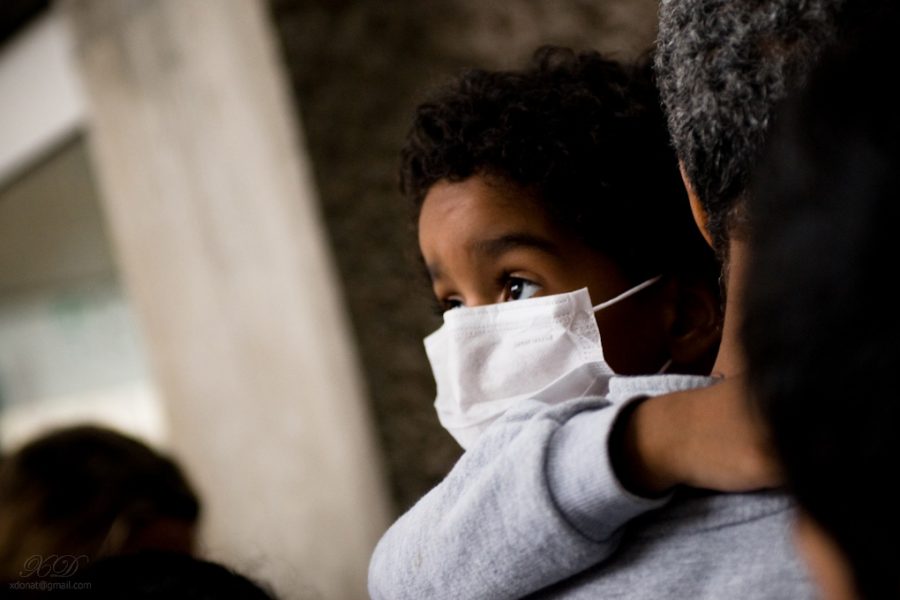Predictions for the pandemic
September 27, 2020
As the deadly virus known as COVID-19 swept across each country, the world gradually came to a halt. Businesses closed temporarily, schools were canceled and everyone was stuck at home. While this has now become our new normal, when will things revert back to the way they were?
There are many different long-term and short-term predictions generated by scientists around the world. However, they know that the future of this pandemic depends on three major factors: whether people develop lasting immunity to the virus, whether seasonal conditions affect its spread, and most importantly, how individuals and the government proceed with their regulations and safety procedures.
“A lot of places are unlocking and a lot of places are not. We do not really know what is going to happen,” said Rosalind Eggo, an infectious disease scientist at the London School of Hygiene & Tropical Medicine (LSHTM).
This is where the unknown comes in. Different states and countries have their own way of handling the pandemic, but some are not as cautious as others. Countries such as China, New Zealand and Rwanda have reached the lowest amount of cases worldwide because of their lengthy lockdowns and wariness of flare-ups. However, in countries like the U.S. and Brazil, cases are rising faster after the governments have lifted lockdowns or never placed them to begin with.
Seasonal conditions also may play a factor in the predictions for the stop of COVID-19. Scientists have found that the virus becomes easier to contract and survives longer in cold, dry settings. Implying that this winter the pandemic could worsen, if safety precautions are not taken and if countries are not prepared for the many colds and viruses that spread during the cold season.
“If immunity to the virus lasts less than a year, for example, similar to other human coronaviruses in circulation, there could be annual surges in COVID-19 infections through to 2025 and beyond,” said Eggo.
However, there are other predictions as to the pandemic’s cessation at the end of 2021. Many are not aware of the fact that there has been a vaccine created, but international deal-making and trade wars between countries have slowed the distribution. According to a Baltimore research team, vaccine distribution could take place in as few as six months. This will allow for the accessibility of hundreds of millions of doses.
“We believe that those are all reasonable expectations based on public statements from vaccine manufacturers and the results of surveys on consumer sentiment about vaccines,” said research team member, Dr. Jennifer Heller.
While these predictions inform us more about the virus, most high-level scientists are still in the dark when it comes to the termination of COVID-19, which does not give helpful information to individuals.
However, scientists are all on the same page when it comes to one thing: personal safety choices. Whether it be washing hands, wearing a mask in public, social distancing or any measure a person can take to prevent a further spread of the virus. It is up to each individual whether this pandemic will be prolonged or terminated.









